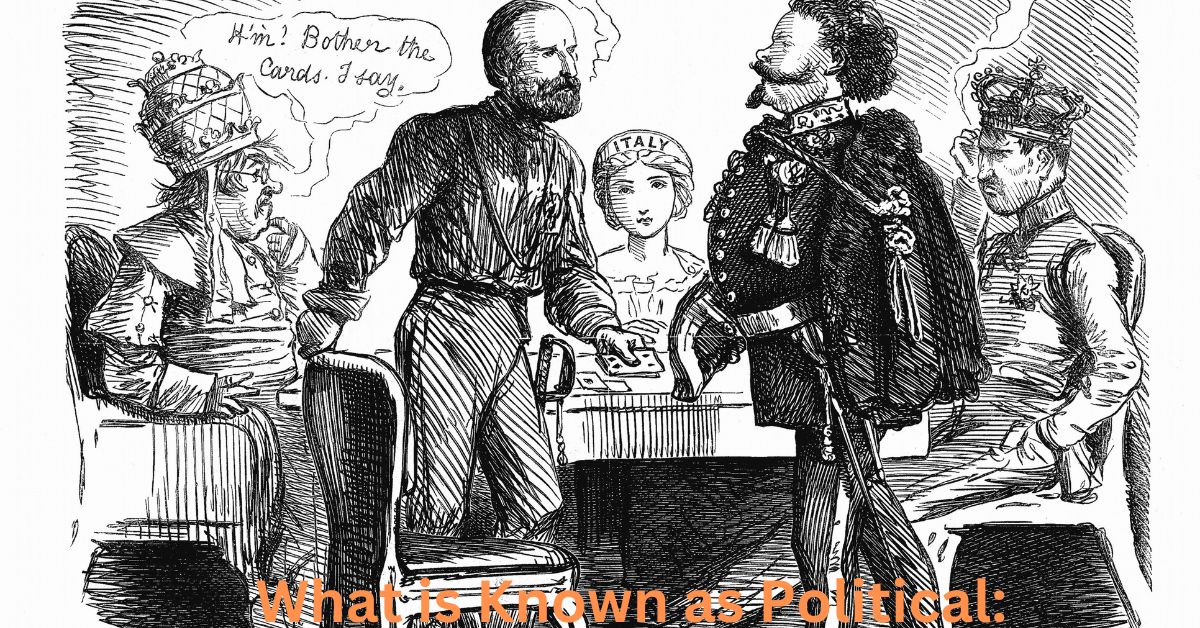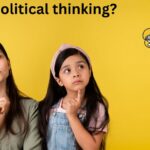In today’s increasingly complex world, the term “political” enters every aspect of our lives, but its definition remains as complex and multifaceted as the society it reflects. The “so-called political” is a state that attempts to strip away the layers of administration, control, and civic responsibility that make up our communal existence. This article aims to disprove this notion, investigating its various dimensions and role in our day-to-day intuitions and wider social systems.
Understanding the Political Landscape
The Essence of Political Activity
At its core, “so-called political” refers to practices related to the administration of a nation or zone, particularly the conflict between controlling parties. But it permeates the mechanics of government and affects the way control and distribution of assets, interface transactions, and shape the arrangements that govern people’s lives.
A wide range of political engagement
Political engagement can manifest in a variety of ways, from voting on decisions to taking an interest in silent dissent, engaging in policy-making, or primarily exploring social issues with peers and family. “So-called politics” includes all these activities and more.
Part of legislative issues in society
Politics is the backbone of how social orders organize themselves, make choices, and address collective needs and challenges. This includes not only elected officials and government agencies, but also interactions between citizens, organizations and the media. Understanding what is “known as a politician” is very important for any individual.
How legislative issues affect regular life.
The political landscape shapes everything from the quality of roads to the education our children receive and the health care choices we have access to. “What is called the political” is not just the theoretical functions of the latter control, but rather the almost imperceptibly obscure effects these forms have on our everyday lives.
Navigating political discourse
Importance of political awareness
Being politically minded means understanding not just the apparatus of government but also the broader issues at play within society. This includes recognizing the interconnectedness of governance, financial frameworks, social equity, and natural sustainability. “What’s known as the political” encourages more in-depth investigation of these topics and creates more educated and engaged citizens.
Challenges in the political arena
In examining “what is called political,” it is important to recognize the challenges that come with political engagement. Overcoming these challenges requires substantive deliberation, open dialogue, and commitment to law-based standards.
FAQs for What is Known as Political
Q: Can ordinary discussions be considered political?
A: Yes, ordinary discussions that include talking about societal issues, approaches, or administration can be considered political since they relate to how social orders are organized and governed.
Q: Why is it vital to be politically aware?
A: Being politically mindful is vital since it empowers people to make educated choices, get it the suggestions of arrangements on their lives, and effectively take part in forming their society.
Q: How can people lock in politically past voting?
A: Past voting, people can lock in politically by teaching themselves and others around issues, taking part in community gatherings, joining civic or backing bunches, and utilizing their voices on social media stages to raise awareness.
Q: Does political engagement require a parcel of time or resources?
A: Political engagement can shift in the level of time and assets required. Basic activities like remaining educated or examining issues with companions can have an affect, whereas more included exercises like volunteering for a campaign or promotion gather may require more commitment.
Conclusion
“The political” is a broad and inclusive term that refers to the various ways in which people and groups, along with structures of control and governance, shape our world. From voting to dealing with our peers. Every activity has the potential to affect the political landscape, from conversation to conversation. By understanding and adapting to the political forms that govern our lives, we can build a more educated, just, and impartial society. can contribute. “so-called political” as it was a civic responsibility but also an able to highlight the importance of cooperation, brainstorming and exchange in the journey of development for a higher collective future. The device










